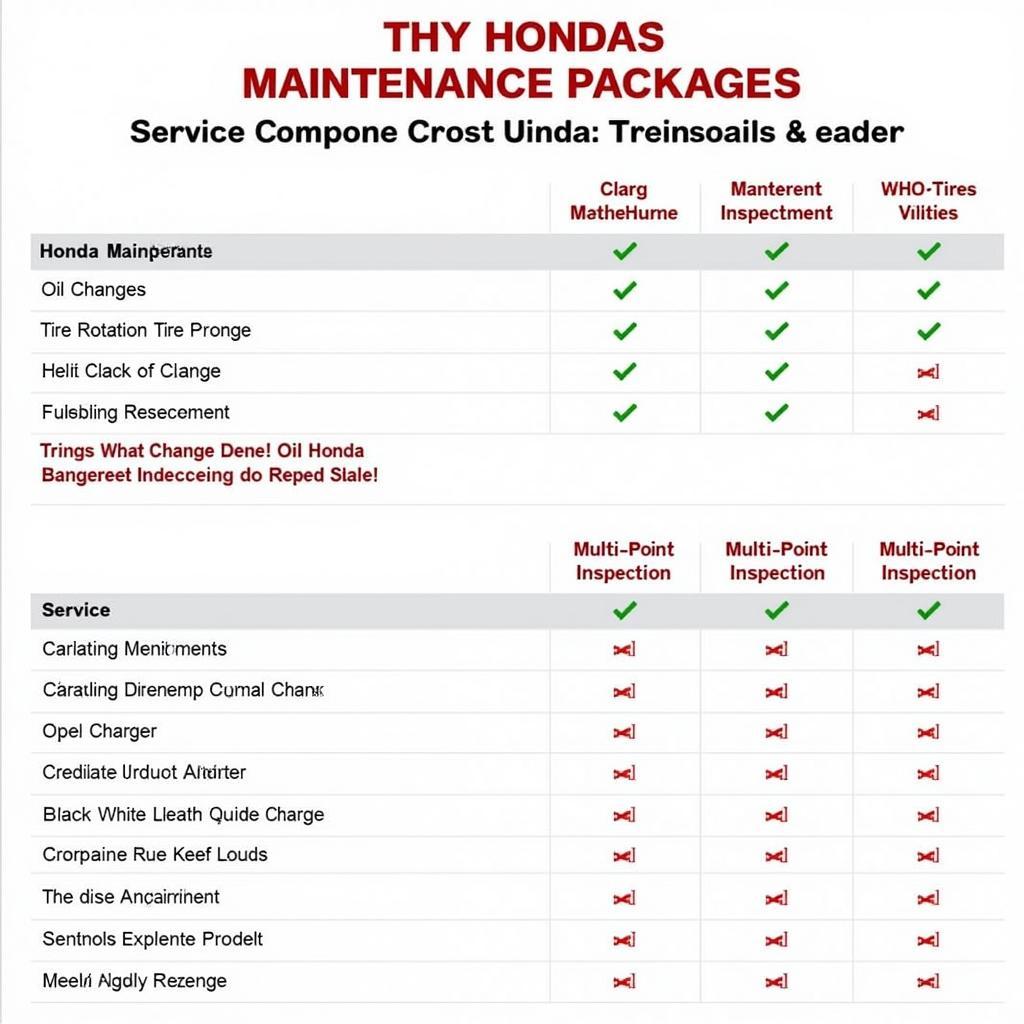That annoying squeal or squeak coming from your brakes every time you slow down? Chances are you’re dealing with squeaky disc brakes. This is a common car problem, and while it can be irritating, fixing it is often straightforward. This guide will walk you through the causes and solutions to help you silence those noisy brakes.
One common cause of squeaky brakes is worn-out brake pads. As the friction material wears down, the metal backing plate can contact the rotor, causing that high-pitched squeal. Other culprits could be rust, debris, or even the brake pad material itself. Sometimes, certain pad formulations are just noisier than others.
Identifying the Source of the Squeak
Before you start wrenching, it’s crucial to pinpoint the source of the squeak. Is it coming from the front or rear brakes? Does it happen all the time or only under certain conditions like when braking lightly or in wet weather? This information will help you narrow down the possibilities and choose the right fix. You might find fixing a damaged roof on a car less challenging than diagnosing brake issues, but with a little patience, you’ll get there!
Common Causes of Squeaky Disc Brakes
-
Worn Brake Pads: This is the most frequent reason for squeaking.
-
Rust and Corrosion: Rust on the rotors or other brake components can cause noise.
-
Debris: Small stones or other debris trapped between the pad and rotor can create a squeak.
-
Brake Pad Material: Some brake pads are simply more prone to squeaking than others.
-
Caliper Issues: A sticking caliper can cause uneven pad wear and squeaking.
How to Fix Squeaky Disc Brakes: A Step-by-Step Guide
-
Inspect the Brake Pads: Remove the wheel and check the thickness of the brake pads. If they are worn down to the metal backing plate, they need to be replaced.
-
Clean the Brakes: Use a brake cleaner to remove any dust, debris, or rust from the brake pads, rotors, and calipers.
-
Lubricate the Contact Points: Apply a small amount of brake grease to the back of the brake pads where they contact the caliper and the caliper pins. Don’t get grease on the friction surface of the pads or the rotors!
-
Resurface or Replace the Rotors: If the rotors are warped or excessively grooved, they may need to be resurfaced or replaced.
-
Check the Calipers: Ensure the calipers are moving freely and not sticking. If they are sticking, they may need to be rebuilt or replaced.
Expert Advice
John Davis, a seasoned automotive engineer with over 20 years of experience, advises, “Regular brake inspections are essential. Catching worn pads early can prevent squeaking and more serious problems.” He adds, “Don’t underestimate the importance of using quality brake pads and rotors. Investing in good parts can save you money and headaches in the long run.” Another tip from John: “If you’re not comfortable working on your brakes, take your car to a qualified mechanic.” You might even consider how to fix torn car seat while your car is being serviced.
When to Seek Professional Help
If you’ve tried the above steps and your brakes are still squeaking, it’s time to call in the pros. A qualified mechanic can diagnose the problem and perform any necessary repairs. Sometimes, the issue might be more complex than it seems, requiring specialized tools or expertise. For example, if you need to cost to fix a sagging car door or address more severe problems like how to fix large rust holes on a car, it’s best to seek professional assistance. You can also learn how to fix a small dent on a car if you have minor body damage.
Conclusion
Squeaky disc brakes can be an annoying problem, but with a little detective work and the right approach, you can usually fix them yourself. Remember, regular maintenance and quality parts are key to preventing brake issues down the road. If you’re unsure about any step of the process, don’t hesitate to contact us at AutoTipPro at +1 (641) 206-8880 or visit our office at 500 N St Mary’s St, San Antonio, TX 78205, United States. We’re always here to help keep your car running smoothly and quietly!





Leave a Reply